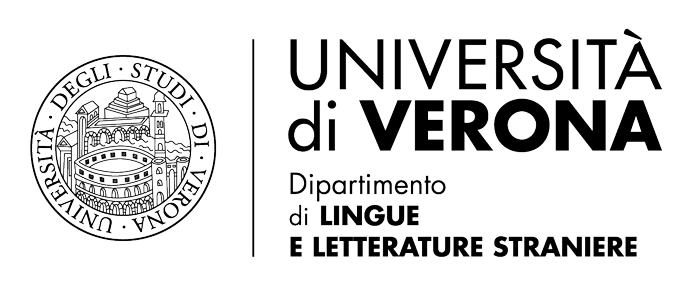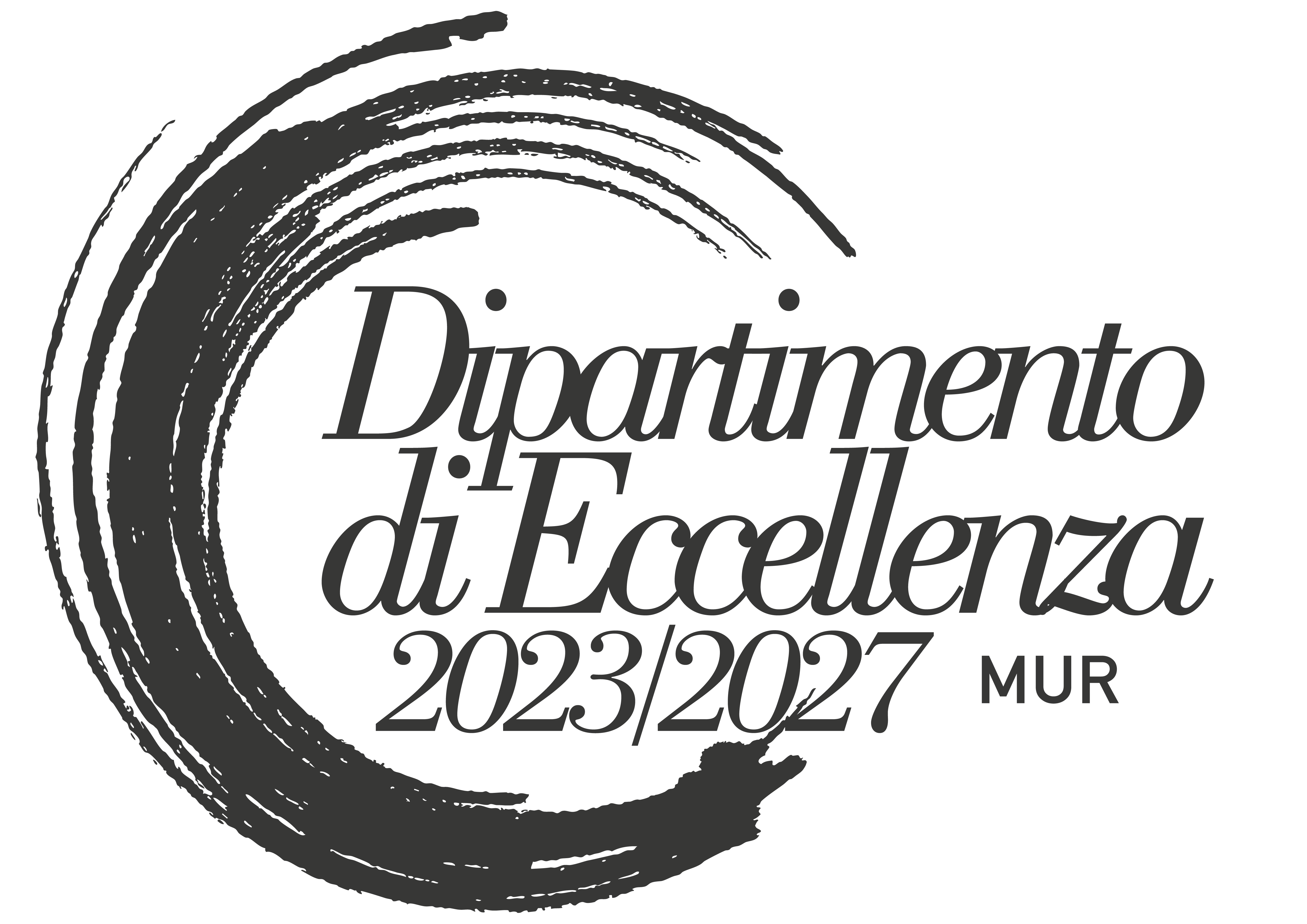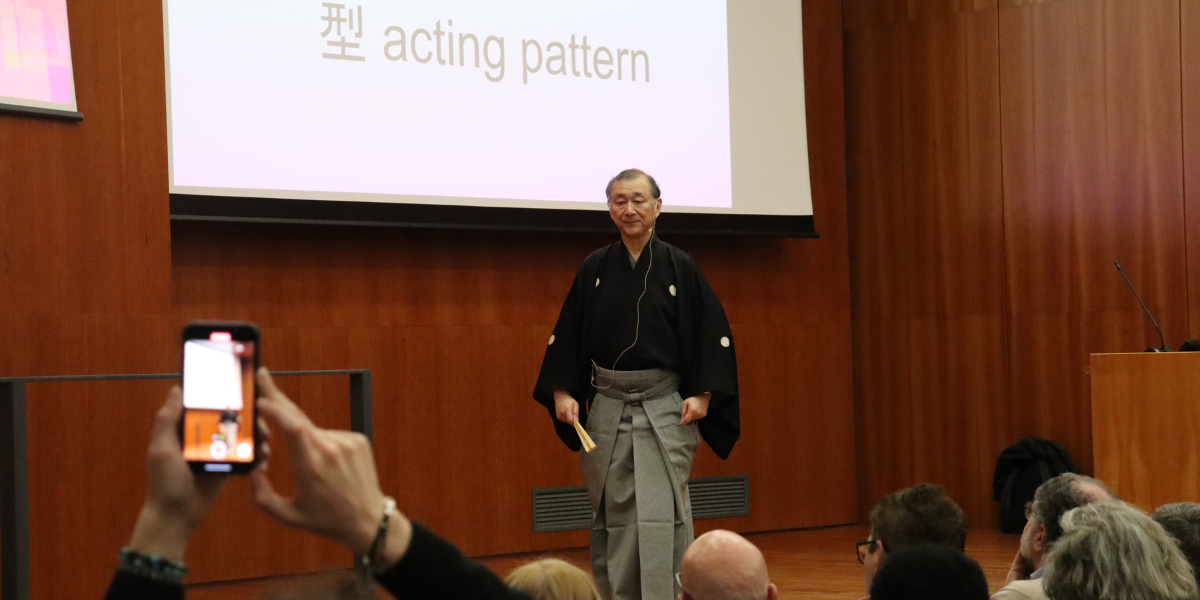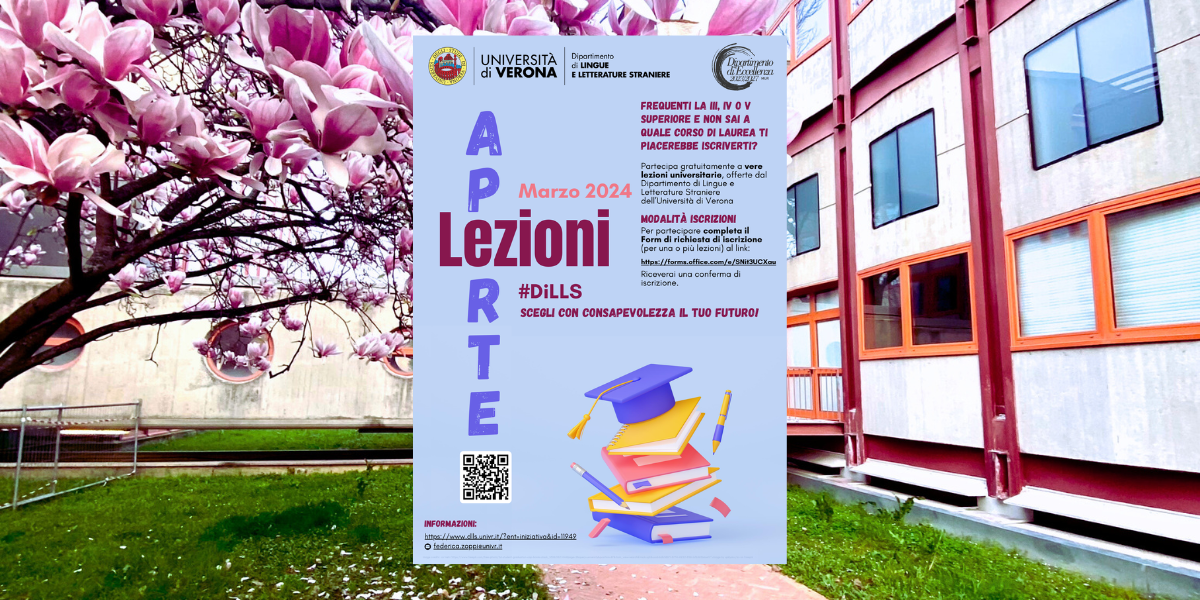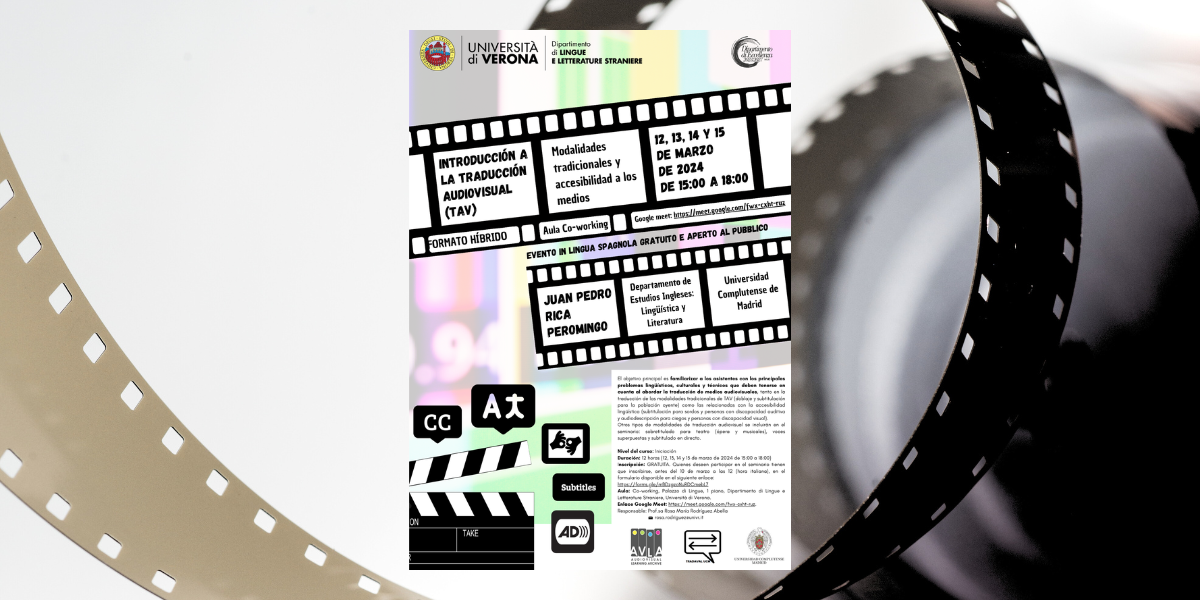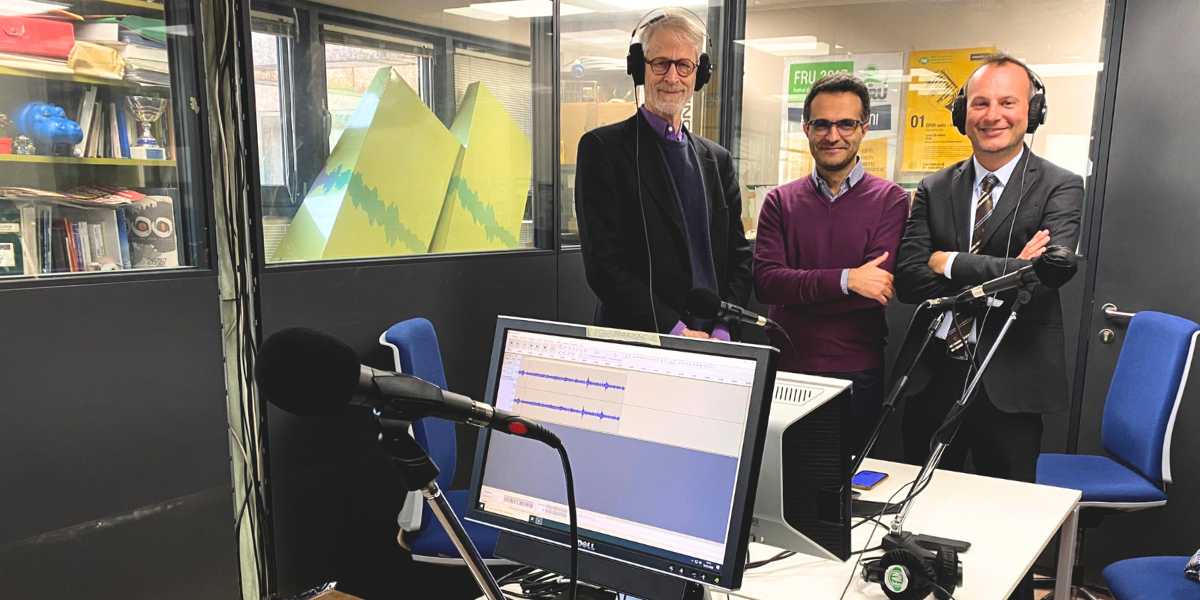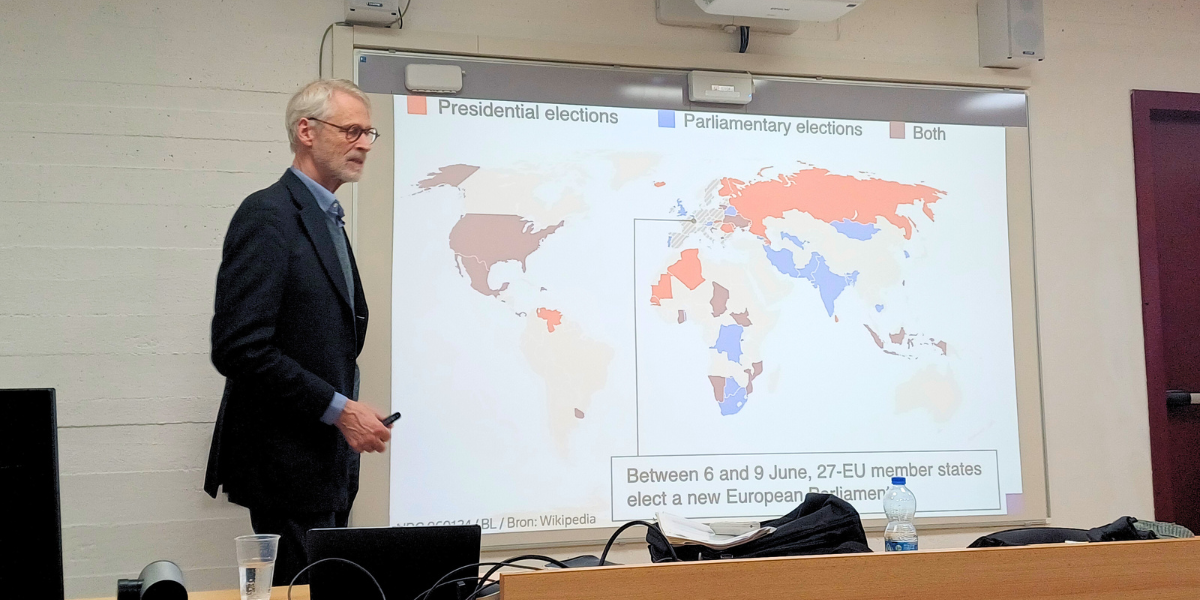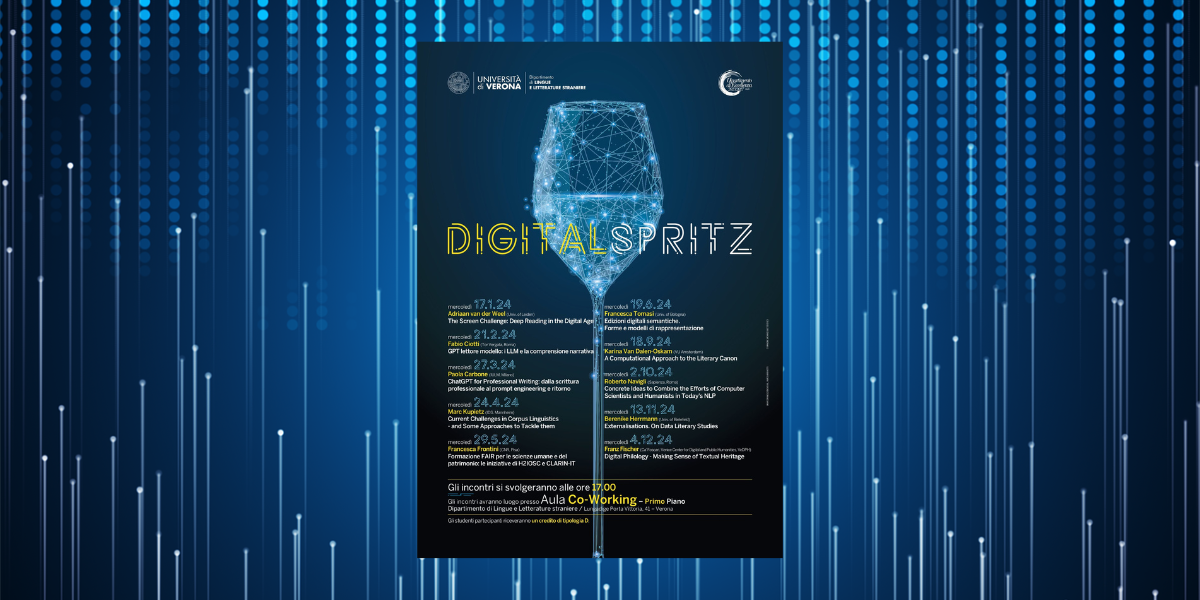
On Friday, 15 February, a packed Aula Magna hosted Master Haruhisa Kawamura from the Kawamura Noh Theatre in Kyoto, who travelled from Japan to take the audience on an ideal journey into the world of Noh Theatre, the oldest form of traditional Japanese theatre.
The event, organized by Prof. Stefano Aloe, a Slavic Studies professor from our department, featured the participation of Prof. Shin’ichi Murata from Sophia University in Tokyo, who delivered a lecture on the unique characteristics of Noh theatre. The event was also made possible thanks to the collaboration of director Matteo Spiazzi and Nicola Pasqualicchio, a professor of Performance Studies at the university.
Noh (能) is a traditional form of Japanese theatre that originated in the 14th century. In 2003, it became part of UNESCO’s cultural heritage. However, it is not an easily accessible or widely appreciated genre, both in Japan and abroad, due to its complex symbolism and a performance style that is vastly different from Western theatre.
Noh dramas are performed on a distinctive stage: a square platform elevated about three meters above the audience, topped with a wooden roof. The backdrop always features a painting of a typical Japanese pine tree. Noh actors, who are exclusively men, wear wooden masks to portray the main characters. Despite their faces being covered, actors train for many years so that their bodies and movements become a seamless extension of the masks they wear. The elaborate costumes and wigs, which are highly ornate, are also integral to the character. Some Noh schools have preserved their ancient wardrobes for centuries, with some costumes being historical artefacts in their own right.

